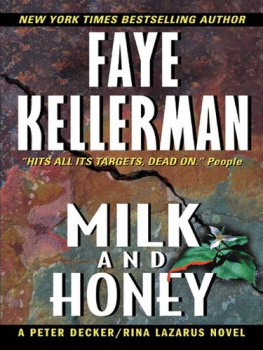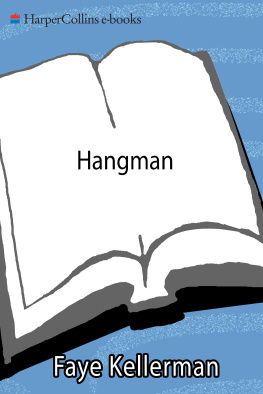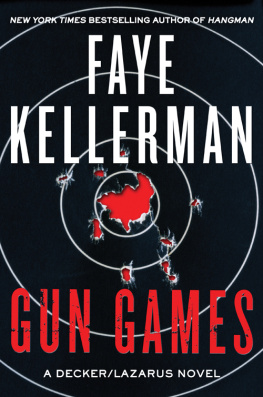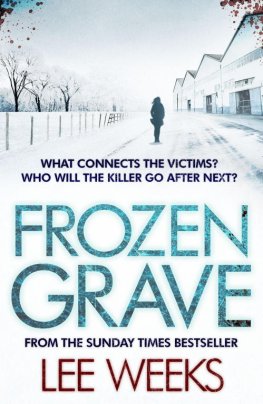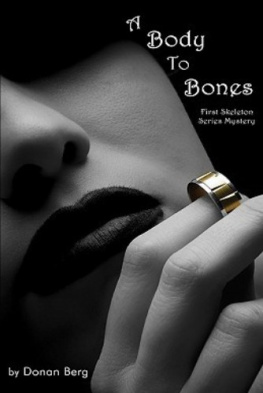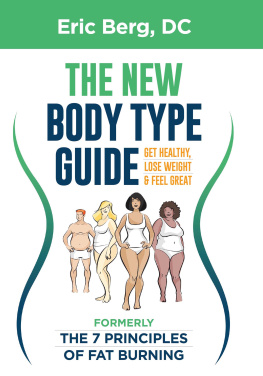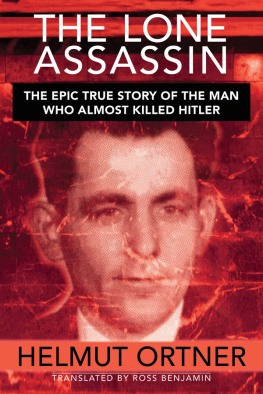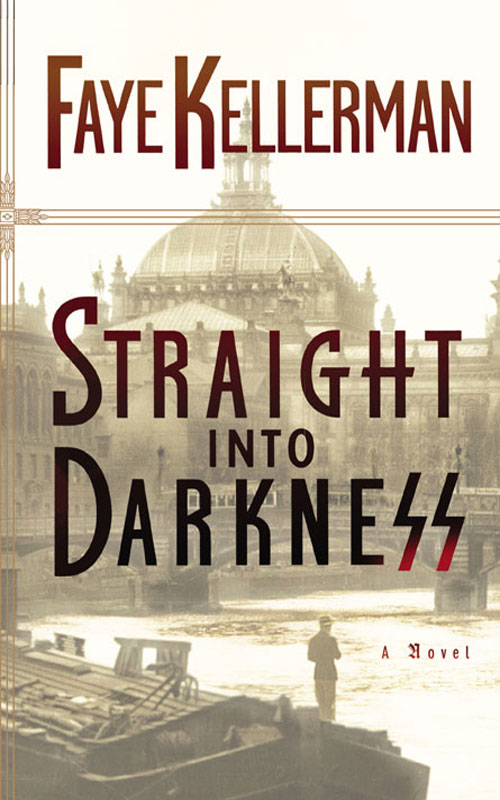Copyright 2005 by Faye Kellerman
All rights reserved.
Warner Books
Hachette Book Group
237 Park Avenue
New York, NY 10017
Visit our Web site at www.HachetteBookGroup.com.
The Warner Books name and logo are trademarks of Hachette Book Group, Inc.
First eBook Edition: August 2005
ISBN: 978-0-7595-1413-3
ALSO BY FAYE KELLERMAN
The Ritual Bath
Sacred and Profane
The Quality of Mercy
Milk and Honey
Day of Atonement
False Prophet
Grievous Sin
Sanctuary
Justice
Prayers for the Dead
Serpents Tooth
Moon Music
Jupiters Bones
Stalker
The Forgotten
Stone Kiss
Street Dreams
Double Homicide (with Jonathan Kellerman)
For Tech Sergeant David Kellerman of blessed memorymy dear father-in-law.
For Corporal Oscar Marder of blessed memorymy treasured father whose life and stories live inside of me.
S traight into Darkness, like many historical novels, posed inherent problems that at times seemed daunting and insurmountable. Thankfully for me, many people volunteered their time and expertise, and I remain indebted to them for their services. I took creative liberties in writing the story, so any inaccuracies are solely my invention, certainly not the fault of anyone listed below. I hope that by mentioning their names, I dont cause them undue embarrassment.
To the following people, I say thank you, thank you, thank you.
Robert Hultner is a distinguished crime writer in Germany. The information he imparted to me about Germany between the wars was invaluable. I still remember the reading of his book that took place at a German beer hall complete with orchestra and actors. It wasnt just a reading, it was drama!
Heinz Prinz, Erster Hauptkommissar of the Munich police, is now retired. He authored an enormous history of the Munich Police Department that was a major source of information for me. Over coffee at a crime festival in Munich, he offered me many unique insights and perspective into the workings of the police department.
Dr. Barbara DistelLeiterin der Gedenksttte Dachauis the director of the Dachau memorial. There is a Jewish saying that the world is based on righteous Gentiles. Certainly this is Barbara, a tireless worker in a thankless job. She didnt set off to become a hero, but thats what she is.
Rudolf Herfurtner is an award-winning writer of childrens books in Germany. Generous with his time and knowledge of Bavarian history, he carted me all over the countryside as I took copious notes. He gave me a glimpse into the intricacies of Bavarian life, everything from rococo architecture to farm equipment.
Chaim Frank gave me a detailed tour and history of Jewish life in Munich. For years he has worked tirelessly to keep a Jewish presence in a land that tried so hard to eradicate it.
Ellen Presser is director of the Jewish Cultural Center of Munich. Her warmth and hospitality made my stay in Munich special. The synagogue was my home away from home, something that was emotional and familiar, something I could reach out and touch.
Deanna Frankel is a dear friend. I thank her for the Russian lesson.
Agnes Krup went way beyond the job description by agreeing to read my novel for correct German names and grammar not just once but twice. Many many thanks.
How many Germans who were alive during the Holocaust would dare to speak to a Jewish woman who identifies herself as such? There were two of them who did.
Maxi Besold died in 2004, but I distinctly remember her describing the tears running down her mothers face while listening to the radio reporting the election results in 1933. Meeting her was an enriching journey into a past that is being increasingly relegated to pages in a history book.
Franz Geiger is an author, playwright, and literary translator. Now in his eighties, he was a member of the World War II resistance group the White Rose. I was in awe of his memory as well as his energy. His help was invaluable, especially his descriptions of the Munich he recalled as a young boy. His hospitality and his tour of Bogenhausen added immensely to the richness of my understanding of the times.
Ulrich Moritz and Sabine Deitmer turned my working stay in Dortmund into something warm and wonderful, from the strictly kosher lunch to the stories of their new Israeli family.
Dr. Andreas Heusler, senior scholar in contemporary and Jewish history, is one of Munichs premier archivists, and I say without hesitation that I could not have written this book without his help. Dr. Heusler was a font of esoteric information: maps, streetcar lines, gas lines, the police station, the electricity lines, and phone directories. During the past two years, he has made himself available to me in person as well as by e-mail, answering my persistent nagging questions with accuracy and good humor.
My utmost thanks belong to one fabulous individual. Dr. Regula Venske is a scholar, crime writer, award-winning childrens author, and, most important, a wonderful friend. From the beginning, she has been my eyes and ears in Germany. Fluent in English with a beautiful speaking voice, she has been my voice in Germany since we first appeared together to do readings five years ago. During my subsequent visits, it was Regula who arranged for me to meet all my sources and contacts for Straight into Darkness, schlepping me back and forth, translating written material as well as conversation. Once in Germany, she basically took charge of my life, from scheduling events to finding Orthodox synagogues and kosher food. She was meticulous in every way and flawless in the execution of details. Over the past years, I have pestered her with countless questions and she has always been so gracious in indulging me, giving me stories and anecdotes, enriching my knowledge of Germany as well as my life.
And of course, my final thanks go to the one person who has been my truest and most constant source of support, not only through this project, but also through my entire life. Jonathan Kellerman is not only an award-winning author extraordinaire, but a supreme gentleman and the best husband and boyfriend a woman could ever want. Thanks for the last thirty-four years, babe. And like they say: to a hundred and twenty.
New York, 2005
I paint because I am still able to do so. Stiff and knobby, my fingers can bend just enough to grasp a brush and dip the boar bristles into puddles of reds: crimson, ruby, garnet, cinnabar, rose, rust, magenta, vermilion, Venetianthe list seems endlessturning my wooden palette into the full tonal spectrum. I am known as the painter of red because that is how I see the world.
Back in 1980, at the opening of one of my many New York art shows, I was asked by a waif of a child what exactly did I mean painting in all those reds. Her expression was very earnest, and I noticed her face was very pretty. Midnight eyes were hooded by long lashes, and an alabaster complexion was surrounded by chin-length, straight black hair. Her lips had been painted bright red, and I flatter myself that she did so to honor me. She must have been in her early twenties, wearing a clingy black dress with spaghetti straps that crisscrossed over a smooth, creamy back. A lovely back to complement a lovely front: full breasts that spilled out of a plunging neckline. She could have stepped out from a page of my history: I saw her as a sultry hostess in a 1920s Berlin Kabarett.


